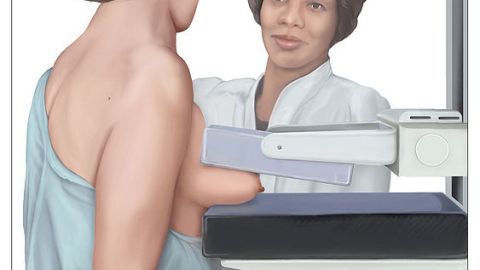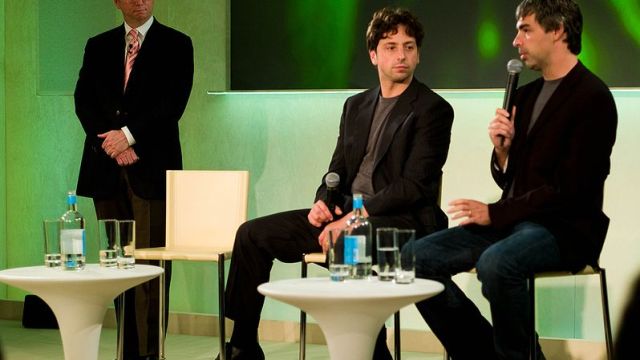New Study: Breast Cancer Screening Is Useless

Is it time to accept that plenty of cancer-screening in the developed world is motivated by psychological needs, rather than fact? Screening addresses our fears of statistically unlikely horrors, which scare us much more than the car accidents and cheeseburgers that are more likely to kill us. And it gives us a feeling of control. But the impact of screening on cancer death rates is another matter. More evidence of this was published yesterday in the British Journal of Medicine, in a study of the relationship of mammograms and death rates in Denmark (found via the invaluable Health News Review blog).
Copenhagen’s rates of death by breast cancer fell 25 percent between 1991 and 2005, when mammography screening was introduced for all women aged 50 to 69. By analyzing data on deaths nationwide, the study’s authors were able to compare that rate with other parts of Denmark, where screening wasn’t offered. Results: Between 1997 and 2006, breast cancer deaths in those mammogrammed Copenhagen women declined by 1 percent per year. However, in parts of Denmark with no screening programs, breast cancer deaths in the same period declined by 2 percent per year. Conclusion: Copenhagen’s program had no effect whatsoever on breast cancer death rates. Those probably declined, the authors say, because of decreases in risk factors like smoking and improvements in treatment.
Then too, earlier this month Richard J. Ablin denounced widespread testing for Prostate Specific Antigen, an enzyme made in the prostate. Since 1994, millions of men have taken the screen in the belief that elevated P.S.A. levels could diagnose prostate cancer. These screens, Ablin wrote, were a “hugely expensive public health disaster,” and he certainly had the authority to speak out: He discovered P.S.A. As a diagnostic tool, he argues, the test is “hardly more effective than a coin toss.”





